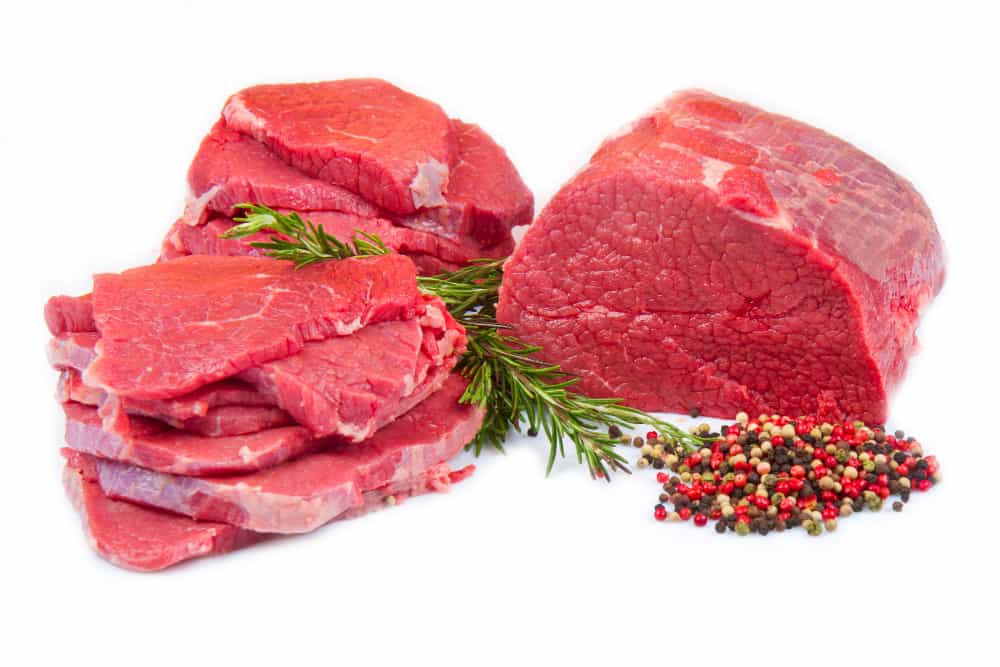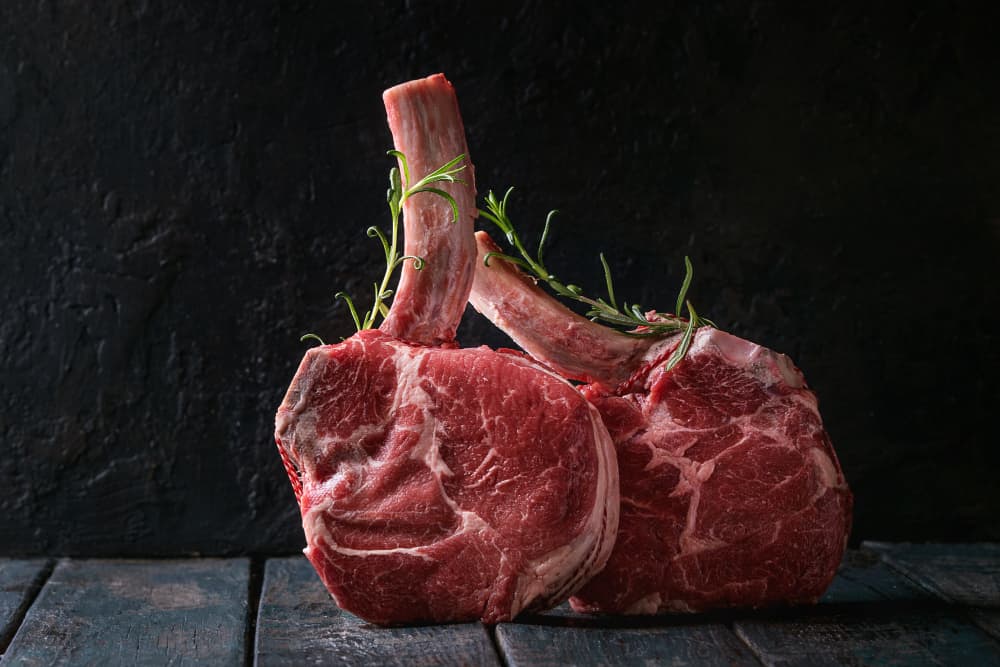Your kidneys are two small, bean-shaped organs that sit below the ribs on either side of the spine. Roughly the size of a fist, kidneys are in charge of filtering the blood and removing toxic substances from the food we eat, expelling these toxins out in the form of waste products. Kidneys also help maintain the delicate balance of fluids in the body.
If our kidneys are not working properly, our body cannot function. The breakdown of kidneys can lead to Chronic Kidney Disease (CKD), an umbrella term that covers various conditions that damage your kidneys and decrease their performance ability.
CKD can lead to complications like high blood pressure, low blood count, weak bones, poor nutrition and nerve damage, and can increase the risk of heart and blood vessel diseases. The damage caused by CKD occurs over a long period of time, and if left untreated, may lead to eventual kidney failure, which is treated by renal dialysis and kidney transplant.
The two main causes of CKD are high blood pressure and diabetes, and the various symptoms include fatigue, insomnia, muscle cramping, swollen feet and ankles, lack of appetite, trouble concentrating, puffy eyes, itchy skin and the frequent need to urinate.
Anyone can be at risk of potential kidney disease, but maintaining a healthy lifestyle can dramatically decrease your risk. It’s important to know what can cause kidney damage, and here are the 20 that might surprise you.

1. Red Meat
Red meat is a great source of protein, but did you know that including too much meat in your diet can put you at a higher risk of kidney disease? A study published in the Journal of the American Society of Nephrology that investigated the long-term effects of red meat consumption discovered a correlation between red meat intake and an increase in the risk of kidney failure. The study, conducted by Dr. Woon-Puay Koh, followed 63,257 adults in Singapore for an average of 15.5 years and found that people consuming the highest amounts of red meat had a 40% increased risk of developing end-stage renal disease (ESRD).
Red meat, when eaten in excess, can produce waste products that damage kidney filtration and have a negative impact on our health. The protein found in red meat produces by-products that can put added stress on kidney function, and when this protein is broken down it releases a compound called urea. Too much urea can build up and contribute to kidney damage, especially if your kidneys are already weakened.

Red meats like beef, pork, and lamb also contain more saturated fats and cholesterol than other types of meat, which can raise cholesterol levels, worsen heart disease, and increase the risk of renal artery disease.
To avoid any risk, Dr. Koh suggests limiting the amount of red meat consumed on a weekly basis, by substituting meat with fish/shellfish and poultry or switching to plant-based protein alternatives like soy and legumes. Alternatively, the American Institute for Cancer Research recommends eating no more than 18 ounces of red meat per week.
